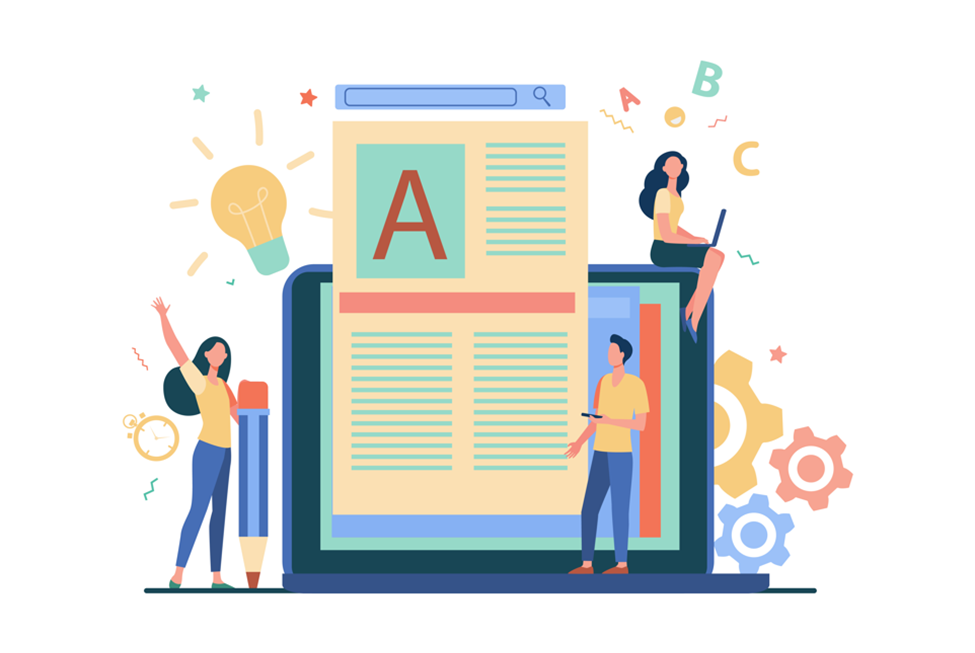The evolution of technology has changed the accounting profession and some people say that access to new software has made the accountant’s job easier. If you are planning to study accounts and be an accountant in a college or university program it is important to learn about the field in today’s modern world. Those days are gone where accountants use the pen, paper, and calculators to balance the books and verify the ledgers that they are accurate or not. For maintaining accounts there are various free online business accounting software has come for which we don’t have to pay anything.
Access to faster software that can perform more complex functions, as well as interconnected technology has made accounting both easier and more efficient. Indeed, organizing financial information, analyzing data, and measuring economic activity has never been simpler.
The Biggest 5 Impacts of Technology in the Accounting Industry
Cloud-based Systems
Cloud computing means storing and accessing data and programs over the Internet instead of your computer’s hard drive. The cloud is just a metaphor for the Internet. It goes back to the days of flowcharts and presentations that would represent the gigantic server-farm infrastructure of the Internet as nothing but a puffy white cumulus cloud, accepting connections and doling out information as it floats. Cloud-based accounting software reduces the hassles of installing and maintaining the software on every individual’s desktop.
Specialized Accounting Software
One by one, accountants are doing away with the traditional pen, ledger, and desk calculator. There now exist more efficient processing tools and specialized accounting software that allow quicker input and computation of data. In fact, even the act of manually entering information into software is declining as scanning technology makes it possible to simply photograph a page and let the software complete the relevant fields itself.
Mobile Accounting
It is very obvious to say that we have become increasingly dependent on our mobiles. There are now mobile applications dedicated to accounting functions. These allow you to send invoices, add receipts, and create expense claims, among other tasks. You can accomplish all this with just a couple of swipes on a screen, and your data will be seamlessly backed up to the cloud. Moreover, having increased connectivity via mobile devices also allows for better relationships between accountants and clients. When an issue arises that needs an immediate answer, you will have access to the files and data you need, no matter where you are.
More Efficient Client Transactions
Digitizing data and operations is beneficial not only for those working within the ranks or your company but also for your clients.
For one, there will no longer be a need for on-site consultations. Accountants and clients alike will be able to access real-time data remotely. Both parties will be able to simultaneously view, edit, and comment on their statements. They will then be able to convene and discuss in whatever manner is most convenient—including web-hosted video conference.
More Diverse Roles for the Accountant
If there’s one aspect of accounting that professionals dread the most, it’s the very tiresome task of compiling and computing data. However, with the advancement of technology, all that can now be done with just a click of a button.
Developments in accounting software and application have now given accountants more time on their hands for more diverse tasks. They are able to veer away from time-consuming number crunching and are increasingly able to expand into more specialized and strategic roles. More specific and value-adding roles are now up for grabs, and skilled accountants can provide more high-level specialty services.


